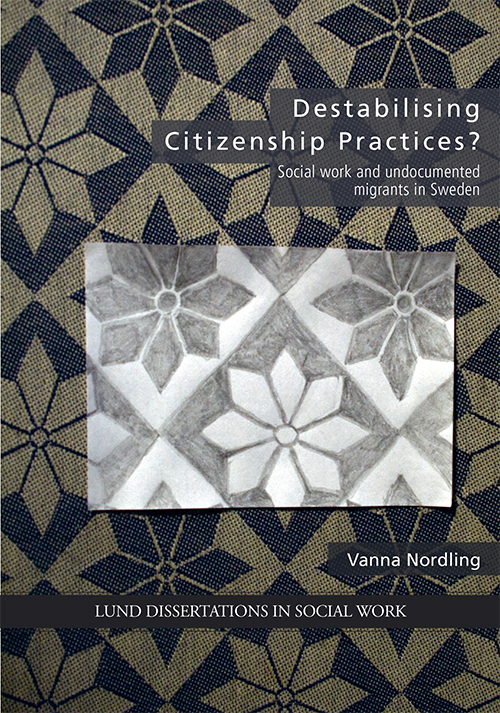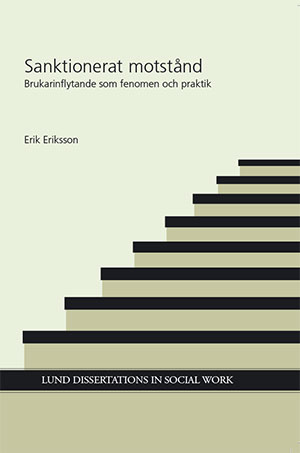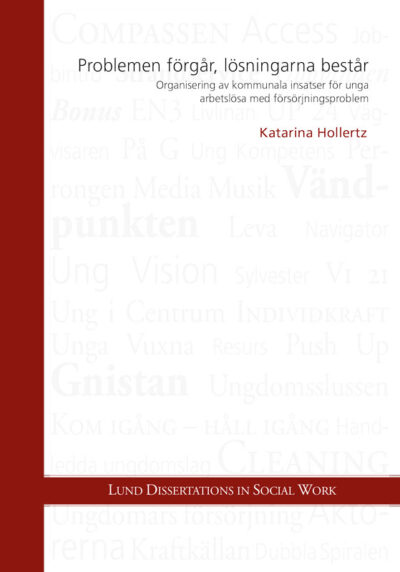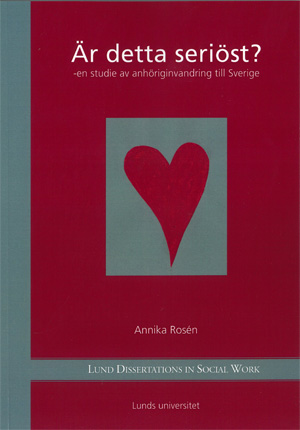Beskrivning
Globalisation of the economy, as well as movement of people and increasing securitisation of borders, have challenged and to different degrees destabilized forms of national belonging and solidarity. Such developments produce new borders and boundaries, separate citizens from non-citizens and create hierarchies of “deservingness”. This dissertation analyses if and how social work contributes to the destabilisations as well as to the reinforcements of present citizenship practices in Sweden. Through two case studies, it critically investigates the acts and actions provided by social workers when giving support to undocumented migrants, a group most often excluded from the social services. The book raises questions on the responsibilities of social workers as well as of the welfare state. What happens with social work practice when persons who are excluded from the welfare state through migration policies appear in front of the social workers, requiring social workers to act in ways that they find to be responsible?



